Our Services
Support That Fits Your Life. Progress That Lasts.
Personalized, play-based therapy designed to meet children where they are—so they can grow with confidence. Whether you’re seeking early intervention, school collaboration, or family coaching, our services are tailored to fit real life—not add stress to it. We offer clinic-based sessions with flexible support in the community and at school to help your child succeed across all the places that matter most.
We focus on what matters most: helping your child build communication, independence, and meaningful connections through care that’s compassionate, consistent, and backed by science.
Explore our services below to see how we partner with families to create real, lasting progress—one step at a time.
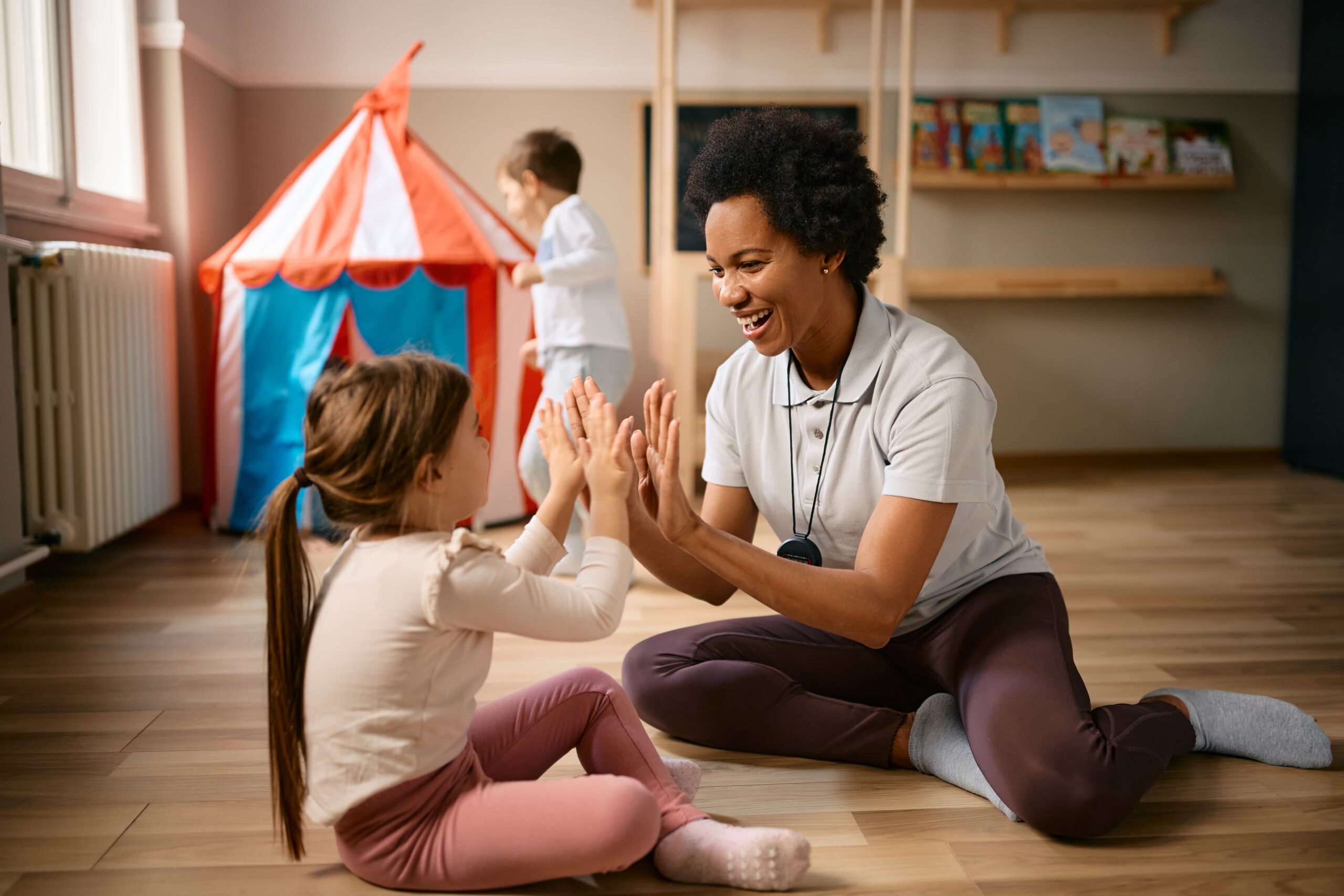
1:1 ABA Therapy
Our individualized ABA therapy sessions are designed to help children develop practical, meaningful skills in communication, behavior, and independence. Every session is tailored to your child’s needs and interests—using positive reinforcement, structured routines, and play-based learning to keep them engaged and progressing.
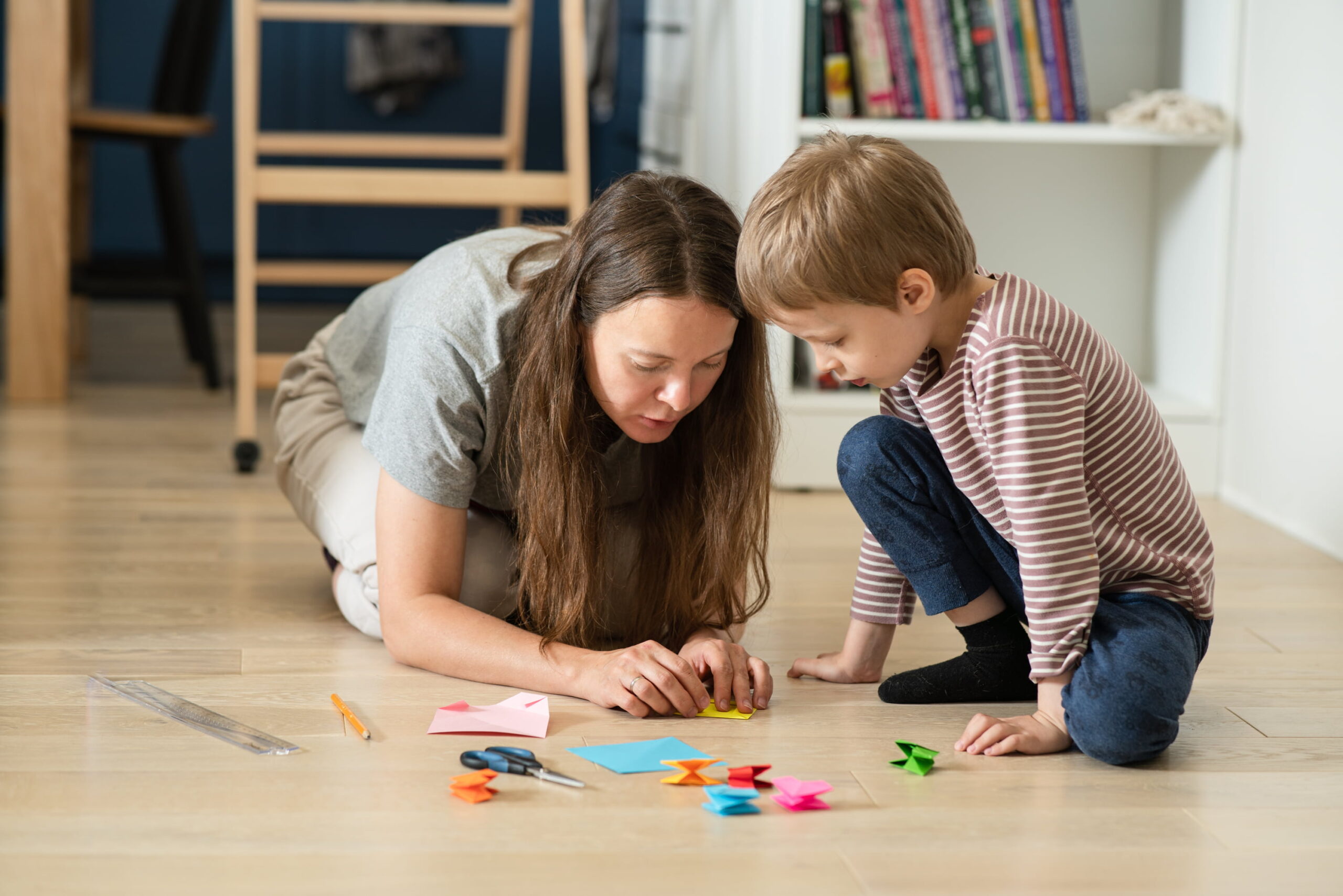
Early Intervention
The earlier support begins, the greater the opportunity for long-term success. Our early intervention program focuses on helping toddlers and young children build foundational skills—like requesting, joint attention, imitation, and social engagement—during the most important developmental windows.
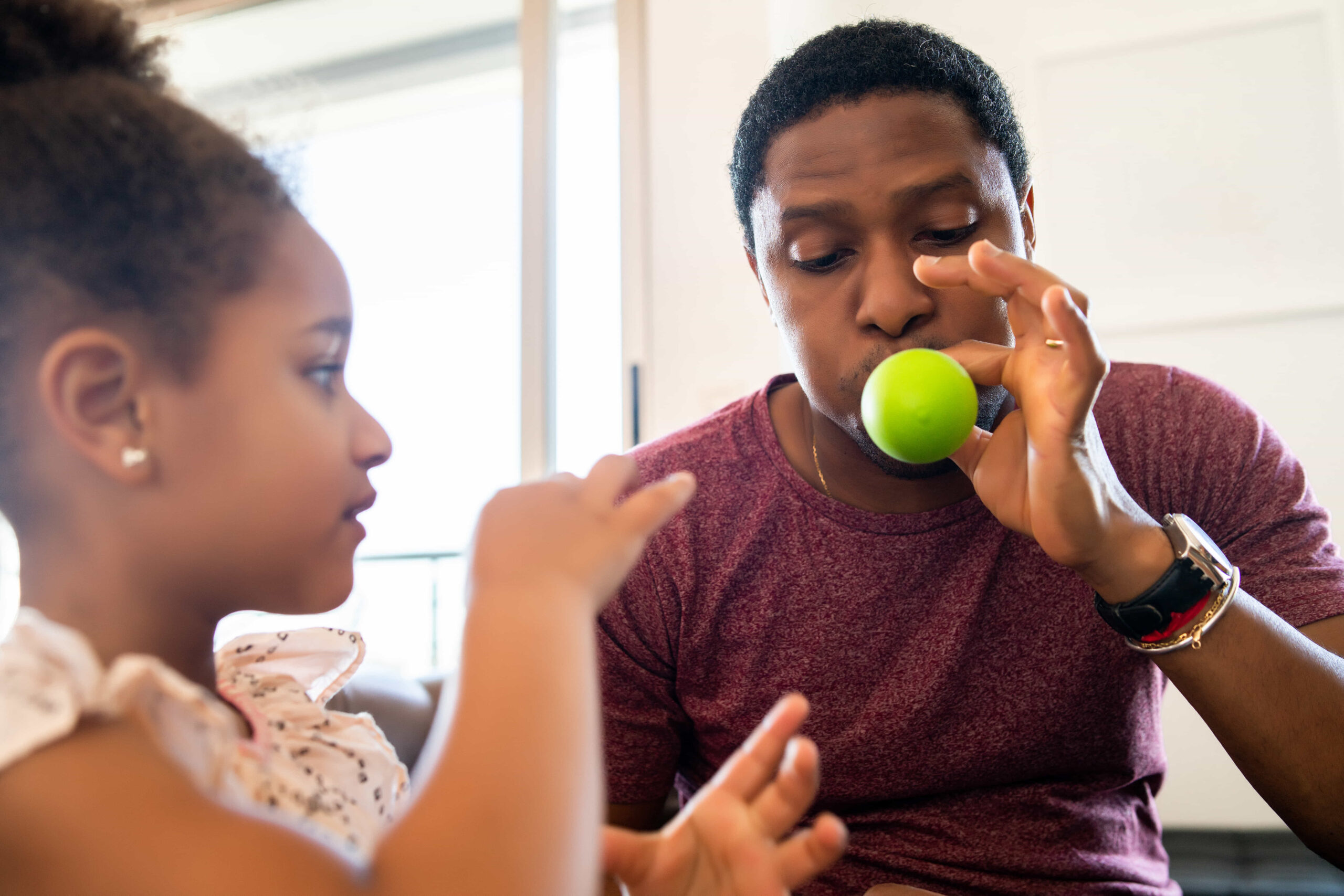
Parent Coaching & Support
We don’t just work with children—we work with families. Our parent coaching program equips you with practical tools and strategies you can use in everyday routines. You’ll gain confidence in managing challenging behaviors, building positive habits, and reinforcing skills your child is learning in therapy. We also provide emotional support to help you feel less overwhelmed and more empowered.
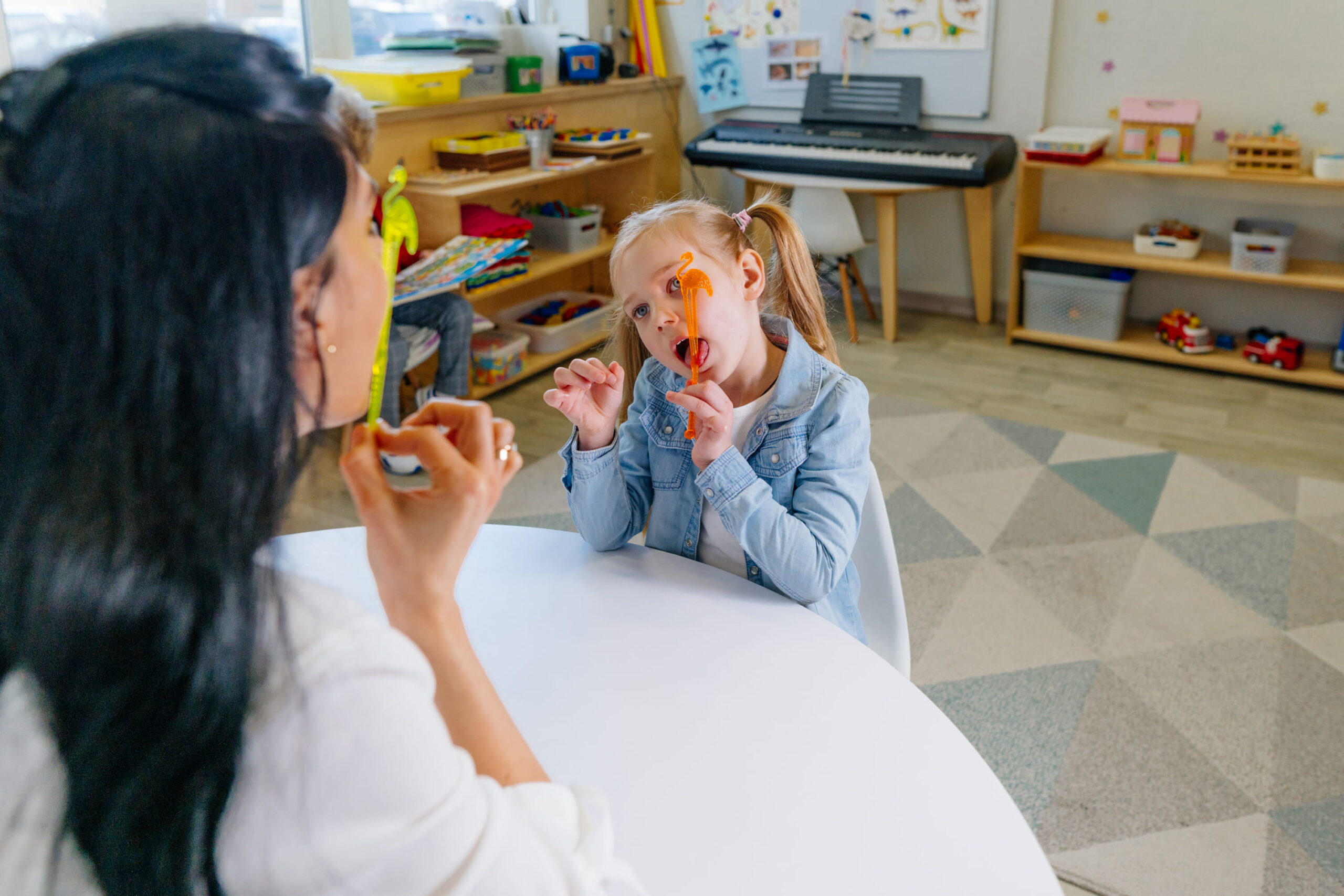
School & Community Support
Learning doesn’t stop at home—which is why we also offer support in schools, after-school programs, and community settings. We help your child apply the skills they’re learning in therapy to real-world situations, building independence, confidence, and meaningful connections. This service also includes collaboration with teachers and caregivers in those settings to create consistent, supportive environments across the board.
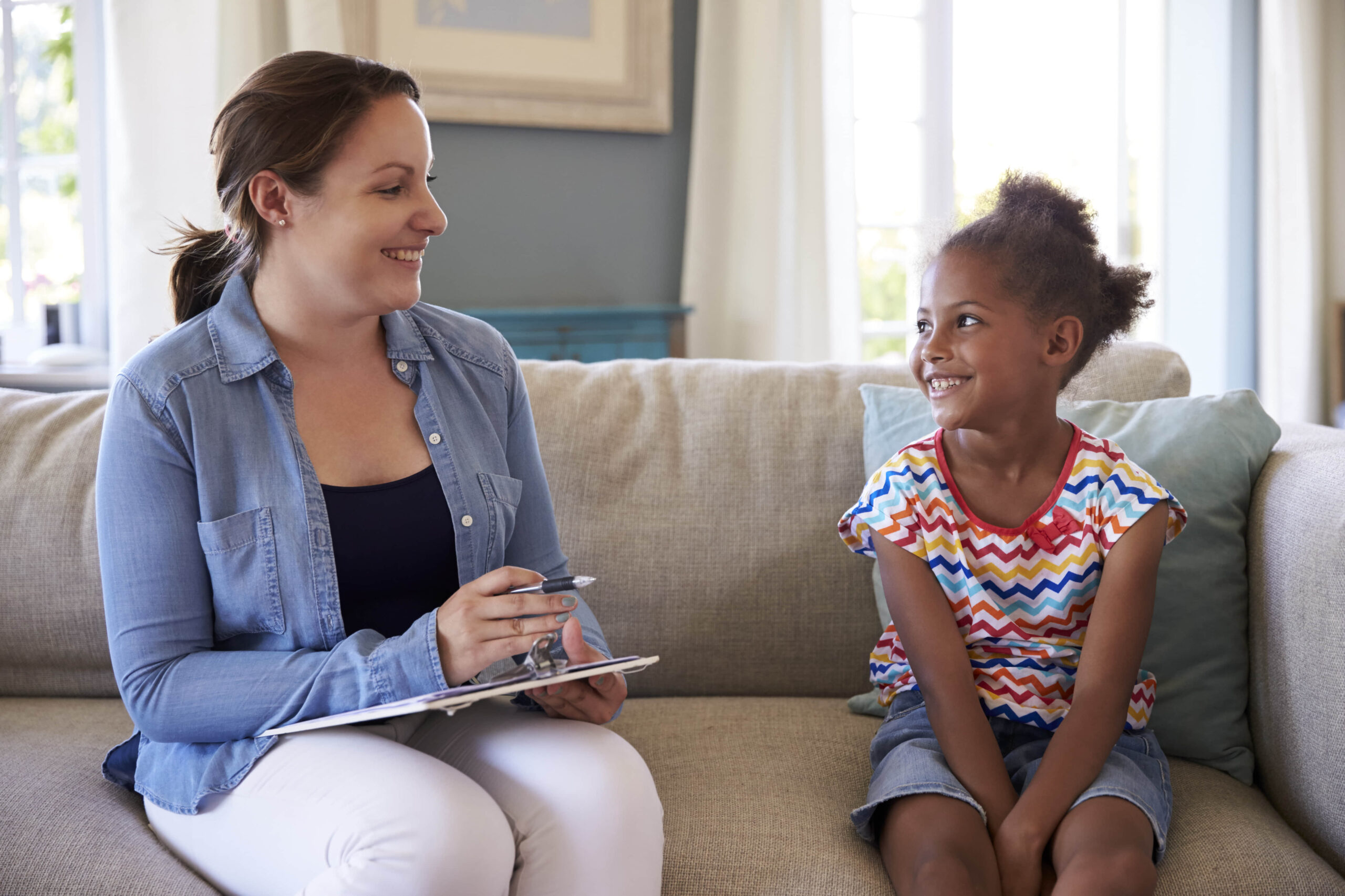
Behavior Assessment & Treatment Planning
Every therapy journey begins with a thorough behavior assessment. This isn’t just about checking boxes—it’s about truly understanding your child’s unique strengths, needs, and learning style. Through structured observation, caregiver interviews, and skill-based assessments, we gather meaningful information that helps us design a program tailored to your child.
How ABA Can Help
ABA therapy builds real-life skills that help children thrive at home, in school, and in their community. It breaks down big challenges into small, manageable steps and uses positive reinforcement to help children make progress they can feel and families can see. ABA therapy isn’t about compliance. It’s about empowerment. Children learn to express themselves, navigate the world around them, and take steps toward independence—with support that feels safe, respectful, and consistent.
Progress isn’t always loud, but it’s always meaningful. ABA helps your child gain the confidence to participate, the skills to succeed, and the tools to build a life they love.
Communication Skills
Expressing needs, wants, and feelings through verbal language, gestures, or communication devices.
Social Skills
Taking turns, making eye contact, playing with peers, and navigating group settings.
Daily Living & Self-Help Skills
Tasks like dressing, brushing teeth, toileting, mealtime routines, and getting ready for school.
Reducing Challenging Behaviors
Addressing behaviors like aggression, self-injury, tantrums, or elopement through compassionate, individualized behavior plans.
School Readiness
Building the foundation for success in a classroom—like group participation, following routines, and working with teachers.
Emotional Regulation
Identifying emotions, calming down during big feelings, and using coping strategies.
Following Directions & Attention
Listening to instructions, staying on task, and reducing distractions or impulsive behaviors.
Transitioning Between Activities
Moving smoothly from one task or setting to another without distress or resistance.
Play & Engagement
Increasing independent play, imaginative play, and interactive play with others.
Safety Skills
Learning to stop when told, stay with a caregiver in public, or respond appropriately to danger.
